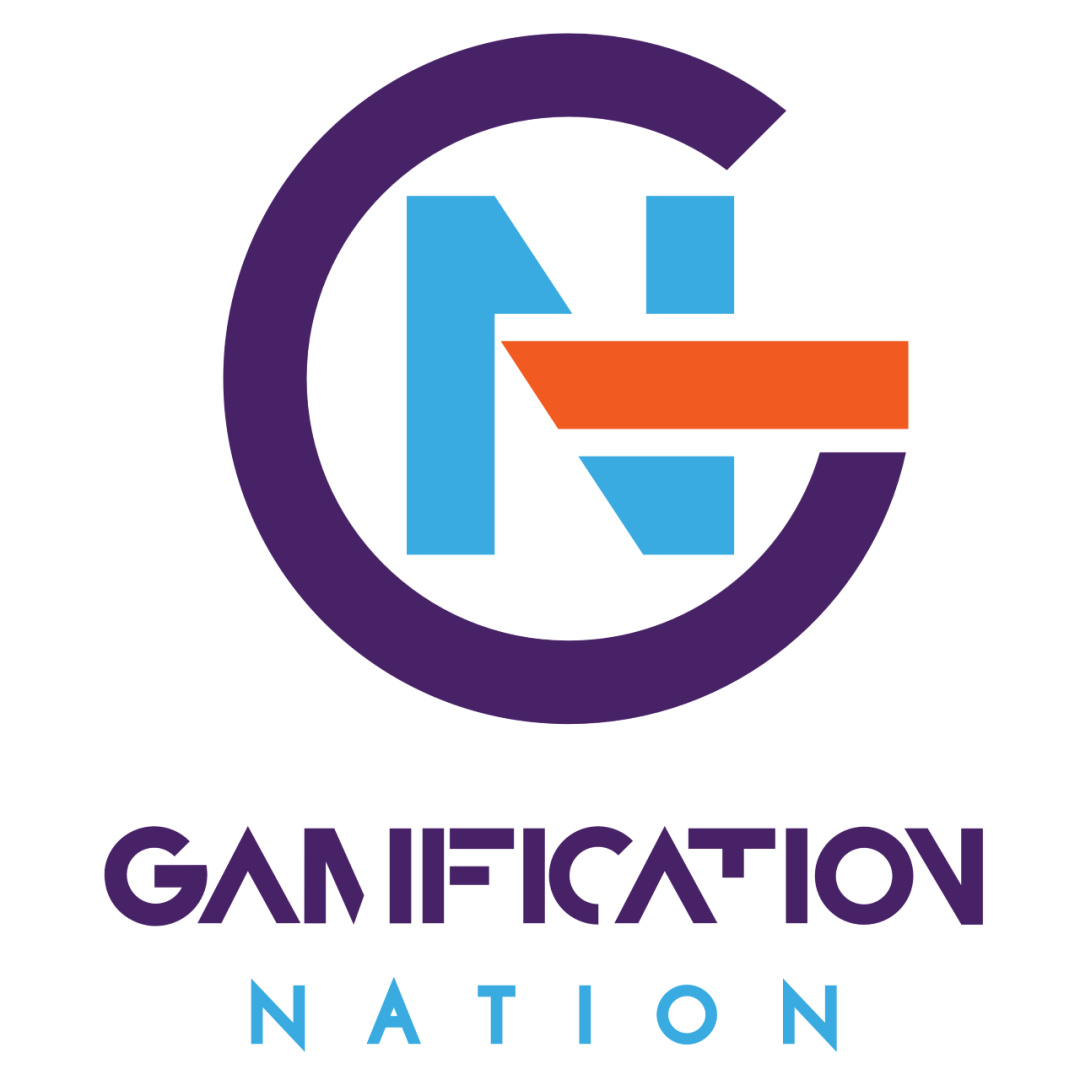 Business intelligence is going through a massive upsurge with the improvement of data gathering on one side and data analytics on the other side. Throw artificial intelligence into the mix and you have systems learning from the data they gather. Why will gamification change business intelligence then?
Business intelligence is going through a massive upsurge with the improvement of data gathering on one side and data analytics on the other side. Throw artificial intelligence into the mix and you have systems learning from the data they gather. Why will gamification change business intelligence then?
Gamification follows triggers and responses
In gamification, we design for motivational purposes. Each trigger we set should be linked to a response. Whether that is positive or negative doesn’t really matter for data science. However, for business intelligence knowing the triggers that get your people motivated and demotivated is important. Whether they are employees or customers, these insights are valuable.
We spend a lot of time understanding the customer and looking at what is alive and topical. We also want to know what genuinely stops them in their tracks and what motivates them. When you start with human centred gamification design, you have a better starting point to start gathering data on and to add algorithms to.
Gamification can train your algorithm to be better
Game mechanics such as likes and dislikes or upvote and downvote are useful to gather feedback from end-users whether they appreciated something or not. Music service Spotify uses this technique with your daily mix, if you upvote you will receive more of the same and the opposite if you give it a thumbs down. Inadvertently you can have users training your algorithms.
If we look at social media as a case study of this for the good and bad, companies like Facebook, LinkedIn, Twitter and Google have a rich data sets of what we like and dislike. They know what we respond to both from our own posts, our friends and any ad or article we may click. It is why forces for bad have been using these tools effectively to manipulate voters for example.
Recommendation engines who power the sales behind companies like Amazon also become better based on our behaviour. Their showing of people that bought x also buy y is a plot to have you explore more and ultimately tease you into spending more. Buying behaviour will tell you some of the motivations, but it doesn’t really tell you if someone was just price shopping or really didn’t like your recommendations. So the subtlety is lost.
Artificial intelligence alone will take longer
A lot of credit is given to artificial intelligence of it becoming all powerful and mighty. I do believe that it will over time become very functional. The capacity for training and adapting your algorithms with machine learning is exciting and also interesting. The example of the bot that turned nasty gives us a good clue that when training is in the hands of the loudest voices, we may not get something that is useful for all, but rather a distortion.
In my view having simple game mechanics assisting in the process of training will less rapidly evolve into nasty bots. I personally believe the majority of people want to do their best and wouldn’t like to harm others. Maybe it’s a naive or idealistic view, but if you look at the behaviour of the majority there is evidence of this. People show up for work, do their best, help others. Yes, the monetary reward for giving a days work is a motivator and that could be called a game mechanic of currency.
What does this mean for business
In recent months, I have seen more and more mood measuring machines pop-up on my travels. From airports to offices the three smilies happy, neutral and unhappy are strategically placed to get your feedback. They are simple game mechanics. More and more companies are issuing feedback ratings either on content or interactions. Voting up of solutions and voting down has been seen more prolifically thanks to systems like Stack Overflow and Quora, these very same tools are entering the workplace.
My view is to decide first what you would like to measure and why. Why does it matter to you and why should it matter for your people. In any case look at the behaviour you would like to encourage and compare that with what you already have in the organisation. Only when you have clear direction set out to add gamification into your business intelligence mix.
Values of people will drive behaviour, behaviour can be tracked both through algorithms and game mechanics. Gamification gives you a headstart and allows the end-user to have control over the outcome.
https://gamificationnation.com/artificial-intelligence-learning/




